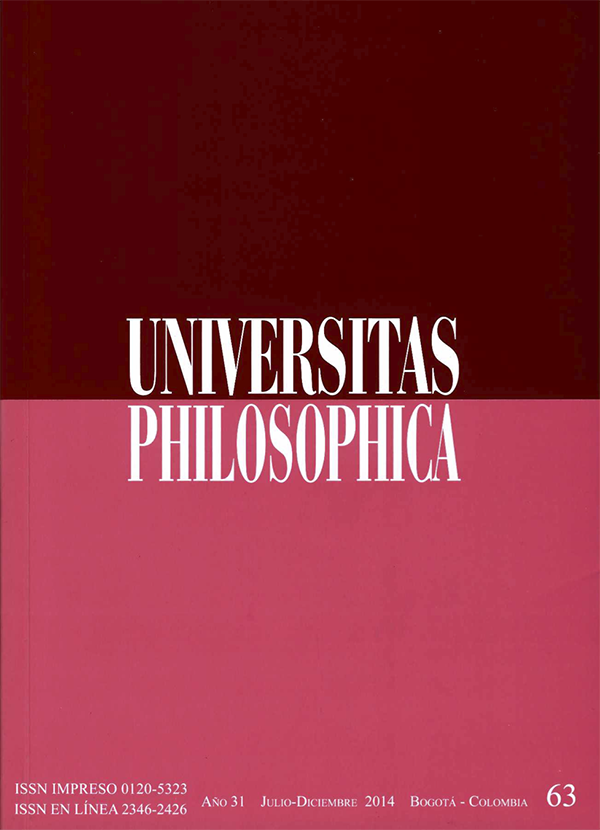Abstract
In this article I make references to a set of statements made by Albert Speer –Hitler’s architect–, about his situation in the Third Reich after the end of the Second World War. The heart of these statements is the term “self-deception”. Taking into account of Speer’s words, I emphasize on a feature which, as I see it, goes along with the process of self-deception: imposture. With the inclusion of imposture in the discussion on self-deception, I emphasize on the fact that it frequently takes place in a context made not only by the self-deceiver alone, but by others as well. In this sense, the presence of the others or what I want to call “the audience” is a significant part of what makes self-deception more or less notorious, more or less easy to occur.
This journal is registered under a Creative Commons Attribution 4.0 International Public License. Thus, this work may be reproduced, distributed, and publicly shared in digital format, as long as the names of the authors and Pontificia Universidad Javeriana are acknowledged. Others are allowed to quote, adapt, transform, auto-archive, republish, and create based on this material, for any purpose (even commercial ones), provided the authorship is duly acknowledged, a link to the original work is provided, and it is specified if changes have been made. Pontificia Universidad Javeriana does not hold the rights of published works and the authors are solely responsible for the contents of their works; they keep the moral, intellectual, privacy, and publicity rights.
Approving the intervention of the work (review, copy-editing, translation, layout) and the following outreach, are granted through an use license and not through an assignment of rights. This means the journal and Pontificia Universidad Javeriana cannot be held responsible for any ethical malpractice by the authors. As a consequence of the protection granted by the use license, the journal is not required to publish recantations or modify information already published, unless the errata stems from the editorial management process. Publishing contents in this journal does not generate royalties for contributors.


